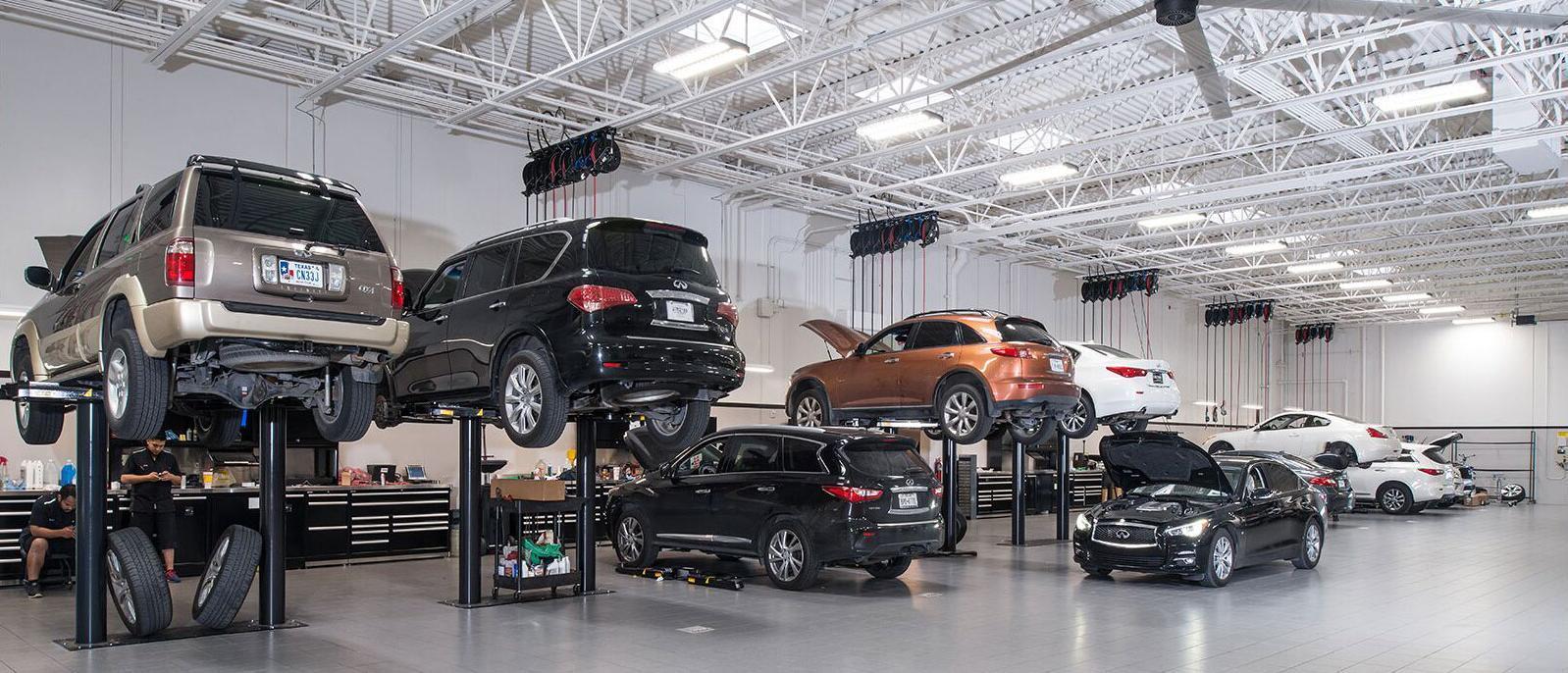All Categories
Featured
When Maintaining Your Automobile, # Usual Mistakes to Stay Clear Of
Regular maintenance is crucial to keep your automobile running smoothly, improve its lifespan, and prevent costly repair services. Also sympathetic car owners can make errors that weaken their automobile's performance and safety.
- Neglecting Routine Oil Adjustments. Engine oil lubricates and cools your lorry's engine, protecting against wear and tear on moving parts. Follow your maker's recommended oil adjustment intervals and always utilize the correct oil kind for your car.
- Neglecting Warning Lighting. Control panel caution lights are your car's way of informing you to prospective problems. Numerous drivers overlook these lights, presuming the issue is minor. Ignoring a check engine light, brake system sharp, or low oil warning can result in substantial troubles and costly repairs. Constantly address warning lights promptly by consulting your owner's handbook or taking your automobile to a relied on technician.
- Avoiding Tire Maintenance. Tires play a critical role in your vehicle's performance, gas effectiveness, and safety and security. Failing to inspect tire pressure, revolve tires frequently, or examine for wear can result in uneven tread, decreased fuel economic climate, and harmful blowouts. Make use of a tire stress gauge to maintain the advised PSI, check step deepness with a penny examination, and turn tires every 5,000 to 7,500 miles for even put on.
- Failing To Remember to Change Filters. Air filters and cabin filters are commonly ignored during routine maintenance. An unclean engine air filter decreases airflow, impacting fuel efficiency and engine efficiency, while a clogged up cabin air filter can decrease airflow inside the vehicle and compromise air quality. Change these filters according to your cars and truck's maintenance timetable, or much more regularly if you drive in dirty conditions.

- Making Use Of Wrong Liquids. Autos count on different fluids, including transmission liquid, coolant, and brake liquid, to function correctly. Utilizing the wrong kind of fluid or disregarding to examine and change liquids can cause major mechanical issues. Constantly consult your proprietor's handbook to guarantee you're utilizing the appropriate fluids and stick to the replacement intervals.
- Do It Yourself Repairs Without Appropriate Knowledge. While do it yourself repairs can save money, attempting complicated repairs without the right devices or expertise can do more harm than great. For example, improperly changing brake pads or timing belts can compromise automobile safety. Adhere to standard upkeep tasks like changing wiper blades or air filters and leave complicated repair services to certified specialists.

- Postponing Scheduled Upkeep. Producers provide an upkeep routine tailored to your automobile to maintain it in optimum condition. Delaying important solutions like brake assessments, ignition system substitutes, or timing belt modifications can cause pricey fixings later on. Stay with the timetable described in your owner's handbook, also if your auto seems to be running fine.
Conclusion. Preserving your car does not have actually to be complicated, yet preventing usual blunders is essential to keeping it in leading shape. By following your maker's recommendations, resolving issues quickly, and consulting experts for complex tasks, you'll appreciate a safer, much more trustworthy ride while decreasing long-lasting repair work costs.
Latest Posts
Find Out Cut Costs on Car Maintenance with Montclare Auto Repair’s Exclusive Deals
Published en
1 min read
Check Out Montclare Auto Repair’s Top Auto Repairs and Why Drivers Trust Them
Published en
1 min read
How to Know When Your Car Needs Professional Vehicle Service at Montclare Auto Repair
Published en
1 min read
More
Latest Posts
Find Out Cut Costs on Car Maintenance with Montclare Auto Repair’s Exclusive Deals
Published May 28, 25
1 min read
Check Out Montclare Auto Repair’s Top Auto Repairs and Why Drivers Trust Them
Published May 25, 25
1 min read
How to Know When Your Car Needs Professional Vehicle Service at Montclare Auto Repair
Published May 24, 25
1 min read